The content of the article
Do not like to cook? Then you are on the way out. The rest - you are welcome. After all, you are the regulars of culinary sites. And it is your collection of magic supplements that is growing every day. And at a certain point the question arises: how to store seasonings and spices? That's about it today and talk.
General recommendations
Many articles on the Internet on demand give out beautiful photos of storage options. No doubt, spectacular design solutions and charming jars are pleasing to the eye. But nobody has ever asked the seasoning what they want. It is clear that the answer is not to wait. But the change in appearance, smell, taste, the appearance of mold - this is also a kind of answer.
Those who actually know how to use spices have long ago developed several important rules for themselves.
Ground seasoning runs out much faster. Professionals prefer to buy whole spices, and store them only in this form.Grind or crush just before adding to the dish. Of course, unless the recipe suggests otherwise. For during storage, the magical aromas evaporate from the milled seasonings much more active.
Absolutely all spices are afraid of light. This is the question of beautiful photos from the Internet. Bright cabinets, original shelves, stylish rails and ... absolute accessibility of the sun's rays to jars and boxes. The situation does not save even the capacity of the dark glass.
In principle, there is a way out of any situation. For example, replace transparent containers:
- wooden
- from dark plastic
- opaque glass
- from cardboard
Just before putting spices and seasonings in storage, make sure that the jar does not let in light. Then there will be only beauty, the smell and taste will be gone.
Not a single seasoning likes a sharp temperature drop. For example, some hostesses manage to keep them in the refrigerator, in sealed jars. And for some reason it is always in the door. Each time you open it gets warm air from the room. Condensate forms inside the jar. So aromatic additives disappear.
The only kind of spices that are not afraid of such drops is chilli pepper. All other seasonings better not to drag in the refrigerator. The ideal place for them would be a separate locker or drawer.
Of course, in most kitchens it is not possible to allocate a separate compartment for spices due to the small space. But remember, everyone used to have a first-aid kit? It can be very interesting to decorate or beat under the kitchen interior. Why not keep your stocks in it? It takes little space, hangs on the wall, does not bother anyone. The temperature inside is suitable. Not a bad decision.
Humidity. A terrible scourge of any seasoning. It especially hurts those who like to store spices in jars with holes. Moisture penetrates through them and allows mold spores to start working in your reserves. Or even simply turns loose aromatic into a stinky stuck together lump.
Remember! All spices should be stored in sealed jars with ground lids. Especially if it is very significant reserves. After all, it is a great pity to then throw out the precious additive.
Council From the jars with holes, do not pour seasonings directly into the pot or into your plate.Steam rising from food will do its insidious deed. Take a tablespoon, pour the spice in there, and only then - in the food. So you will be sure that the moisture has not penetrated into the container. Yes, and it is easier to dose.
Useful tips
Take a look at the kitchen to the average mistress. What can you see there? That's right, a packet of seasoning bags. Everything is printed, smells are mixed, tastes change. It is clear that our ladies are not all great chefs who will shake over a cinnamon stick or vanilla pod. But why not make it easier?
- We go to the store.
- We buy a stack of small bags with a zip-clasp.
- We return home.
- Pour into bags all the printed seasonings separately.
- We clean in the general bag.
Alternatively, you can put these bags in a beautiful box or plastic container. Convenient, always available and smells do not mix.
By the way, we strongly recommend keeping such an organizer on the table next to the kitchen stove or on the windowsill above the battery. Even not ground spices under the influence of heat begin to give off their taste and aroma. Straight into the air.In the end, after a while, you can be very surprised. Additive poured into the dish, but almost no effect. This is a result of your carelessness.
Put the box with the bags in the cupboard or on the shelf. In short, in any place, away from heat.
Council Be sure to sign every bag! Desirable permanent marker. Then do not have to guess what is inside. And do not have to once again open the clasp in search of solutions.
Some sources recommend storing seasonings in fabric bags. This option is acceptable if you are going to use herbs and roots as soon as possible. Otherwise, your reserves await a sad fate: weathering, moisture absorption from the air and loss of aromatic qualities. It will be really a pity if valuable stocks deteriorate.
How often, walking through the market or bazaar, your nose feels the wonderful aroma of spices? And now, the legs themselves, not listening to the owner, carry you to the treasured tray with spices. Eyes scatter, hands reaching for the wallet ... stop! Are you really going to buy it? And even to eat?
Before making a deal, consider how many days the sun has affected the seasonings.How many winds threw gusts of dust into the containers. How much rain had passed and the air around it was humid.
And now decide whether to add such spices to your dishes or you don’t feel like it.
How to store seasonings and spices? Very carefully. Otherwise, all your values will lose their taste and aroma. Of course, as in antiquity, empires will not collapse and the war for pepper will not start. But without proper attention, your personal chef collapse is assured.
Video: storage of spices, seasonings and bulk products

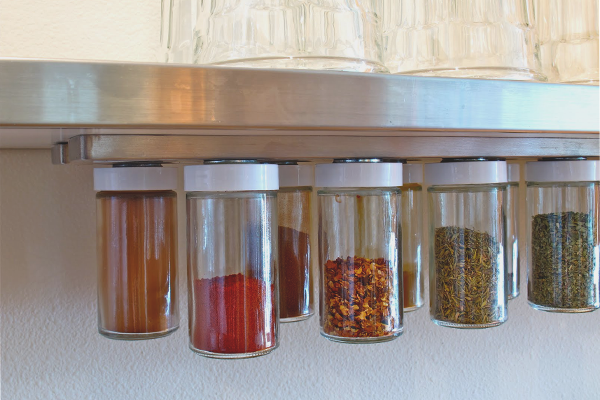
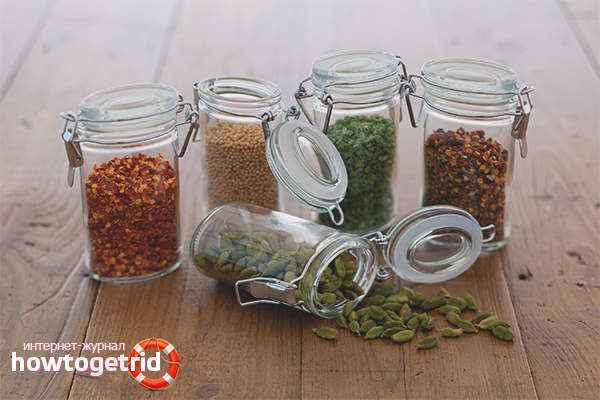

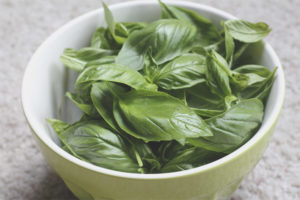
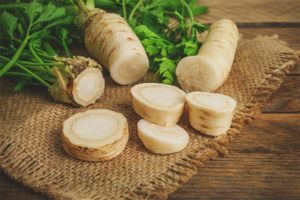
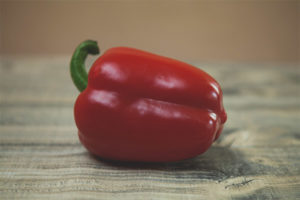

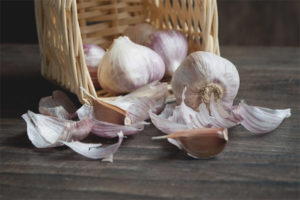
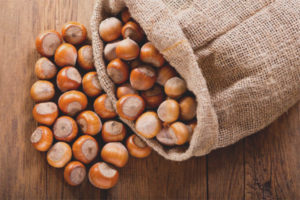
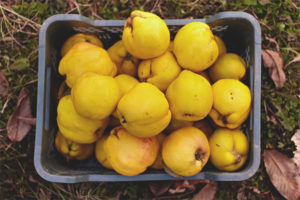
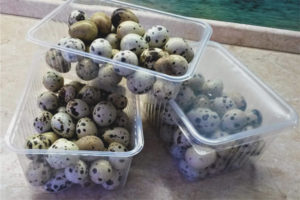
To send